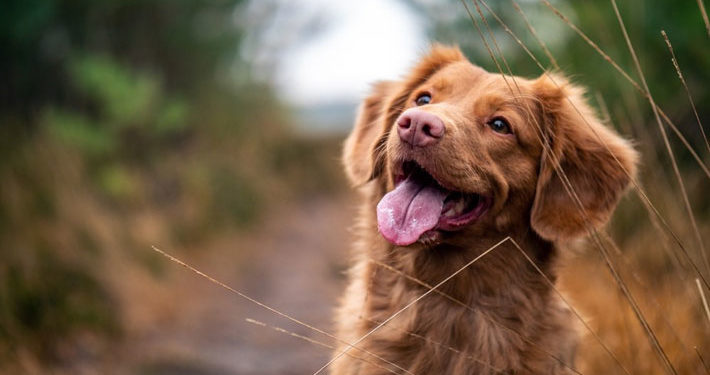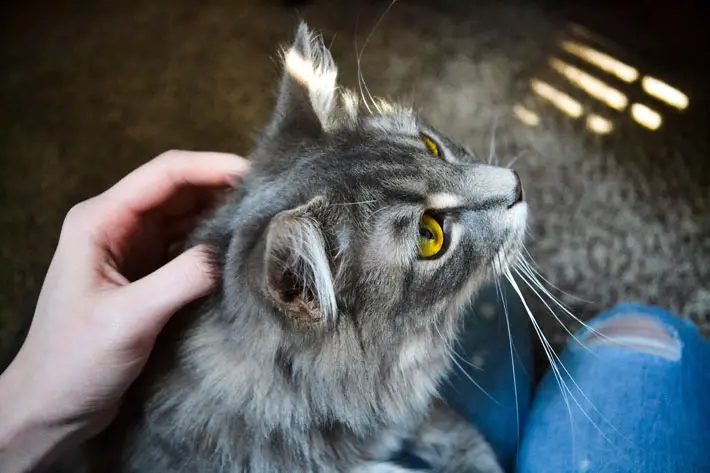How to Deal with the Loss of a Pet

Losing a pet can be a traumatic experience. The dog, cat, rabbit or any other soul you bring into your home becomes a part of the family. Unfortunately, the view from the outside can be “It’s only a…” So, you are not only dealing with the deep pain of grief for your loved one, but you are left feeling almost embarrassed by the intensity of your sense of loss.
You will cope with the high emotions you feel in response to the loss of a pet. You can go from the initial shock to the guilt at maybe not doing enough to keep them well or safe enough. Then, you will feel that overwhelming sense of sadness followed by the anger at the unfairness of the world. It can feel like your emotions will never return to a sense of balance – and all the time you feel you cannot express these as openly because it is “only an animal”.
Why you can accept it is right to feel pain
Our pets offer us a relationship that is based entirely on love and acceptance. The connection they bond with you is unconditional with no sense of entitlement attached. It is this purity of companionship that we lose. It is the greeting as you walk through the door, it is your companion in the evening in front of the TV and it is the cuddle in the morning as they jump on your bed.
Consequently, you are losing a reliable and constant friend. It would be strange if you did not feel a sense of loss.
How this grief will show itself will depend on your age, your personality, how long you have had the pet and the warning given if the pet is old or suffering medical issues. You may have prepared yourself for your old cat dying over the past year, and 19 is a good age. However, for some, the loss of a creature that has been with you through many cycles of your life is even more challenging. You cannot assign “a normal”, as everyone is different.
How the grief might show in you
It is vital to restate that everyone goes through grief in different ways. People report experiencing feels of depression, denial, anger, guilt, shame and sadness. A lot of people direct the anger at the vet for not doing enough or at themselves for not being good enough to keep the animal safe and well. Blame is a normal part of the grieving process – as we all wish something more could be done. If you want to learn more about depression and how to deal with grief, check out https://www.betterhelp.com/advice/depression/.
As when grieving a human companion, your grief will come in waves. You will feel better some days and think the feelings are passing only to experience a new low the next day. The essential message here is to allow yourself to feel. Telling yourself that you shouldn’t be feeling this bad is pointless.
Preparing yourself for the loss of your pet
If your pet dies in an accident or after a rapid illness, you may not have the luxury to prepare. However, if the vet has given you a clear timeline and you know the inevitable is coming, there are a few steps you can take.
Acceptance
You first need to come to terms with what the vet has told you. The diagnosis and prognosis will not change with negotiation. You will need to find a way to persuade yourself of this. You can seek a second opinion and talk to friends and family. Ultimately, you have to find a way to make the right choice to reduce the suffering of your pet.
Seek advice
Once you have accepted there is nothing to be done, you need to talk to the vet. Your vet will tell you if the pet is feeling unacceptable and unmanageable levels of pain. If this is the case and no cure can be offered, they may suggest euthanasia. Although this is an emotionally challenging choice to make, the vet would not recommend this unless they were confident it was the best course. You will need to say your goodbyes and offer it the love and unconditional acceptance it has provided you through its life.
It is possible that even with a terminal illness, the vet can offer palliative care. The pet could live on for weeks, months or years with the diagnosis with careful monitoring.
Seek comfort in small memories
Make sure you take photographs of your cat or dog, or other pet, as they are at this moment. You will want to look back on all stages of their life. And, request the ashes. You can store these in an urn or have these made into jewellery, so they are with you always.










